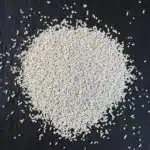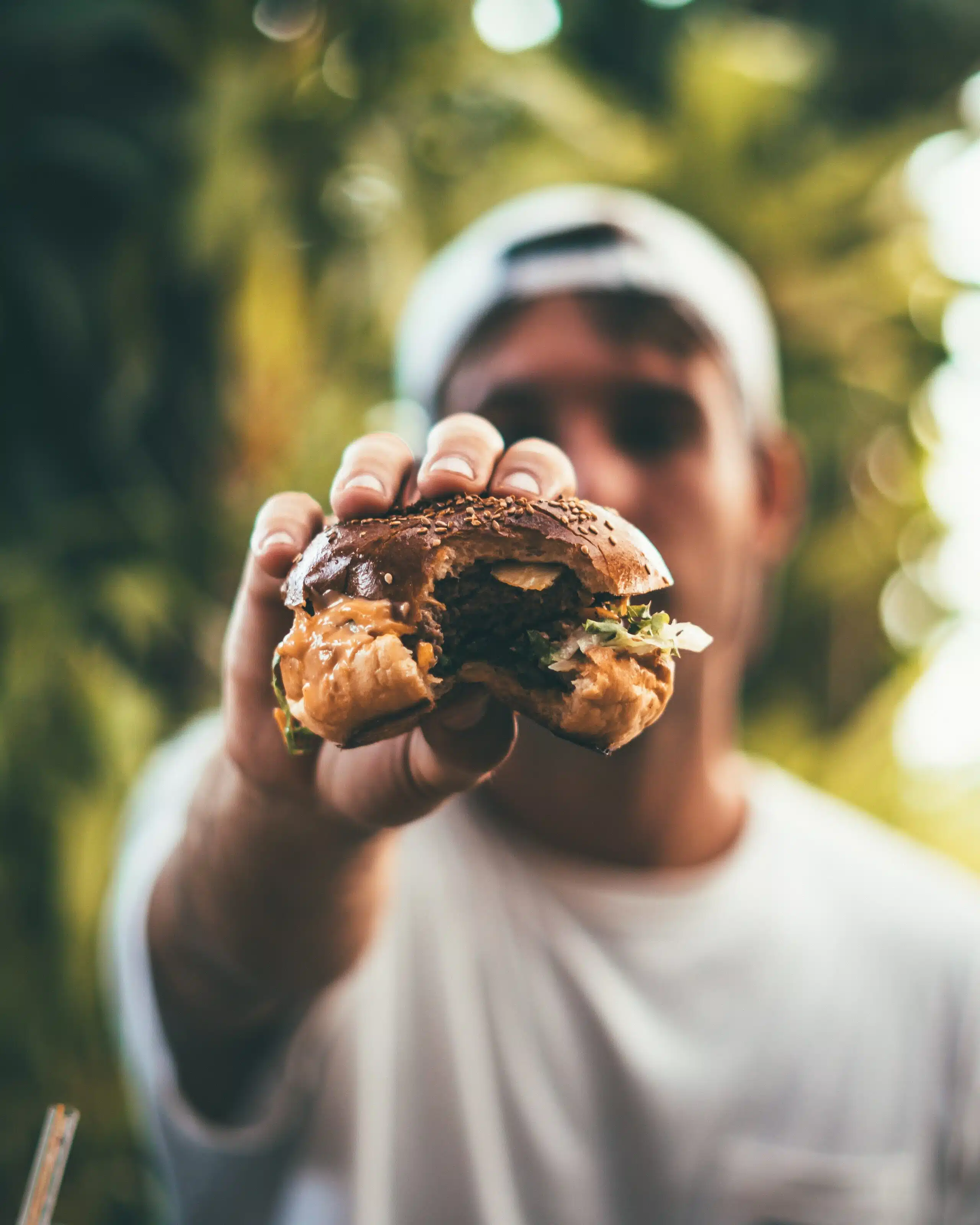Known and unknown risks to your pup
If you were asked to list some dangerous household items, knives, scissors, maybe even an insulin shot might come to mind. However, dog parents face a different set of challenges. Our homes might harbour harmful items and substances to dogs – many are common human foods and some you may or may not have heard of!
As dog parents, we prioritise our dogs’ well-being. When your rambunctious pooch gets it’s paws on something it shouldn’t, we understand the panic you feel. To help you, we made a list of common household items and substances harmful to dogs:

1. Grapes?

2. Onions?
Allium species of foods including onions, garlic, leeks, and chives contain sulphur compounds which can be toxic to dogs and cats, but not to humans. Even Cooking, Drying, Or Other Types Of Processing Do Not Eliminate Their Toxic Effects On Pets. These sulphur compounds can impair red blood cell function in dogs and cats, causing anaemia. Severely anaemic pets may require a blood transfusion.2.

3. Chocolate?
Chocolate And Coffee Contain Methylxanthines, Including Caffeine And Theobromine, Which Are Toxic To Dogs. They can cause diuresis, breathing, nervous system and heart distress. The most common cause of methylxanthine poisoning in dogs is holiday chocolate. However, baking chocolate and cocoa powder contain the highest levels of toxic compounds in dogs. Fortunately, effective treatment within hours of ingestion generally leads to a speedy recovery.

4. Nuts?
Chocolate And Coffee Contain Methylxanthines, Including Caffeine And Theobromine, Which Are Toxic To Dogs. They can cause diuresis, breathing, nervous system and heart distress. The most common cause of methylxanthine poisoning in dogs is holiday chocolate. However, baking chocolate and cocoa powder contain the highest levels of toxic compounds in dogs. Fortunately, effective treatment within hours of ingestion generally leads to a speedy recovery.

5. Avocados?
Yes and no. Avocados Contain Persin, A Fungicidal Toxin that can cause serious health problems, including death in animals. Even though they are more persin-resistant, avocados can still poison dogs, causing upset stomach and pancreatitis. The fruit’s stone can also cause choking.

6. Raw Meat And Bones?
Raw Meat May Contain Salmonella, Listeria, And E. Coli, can harm both dogs and their owners. Killing these bacteria requires cooking meat to a safe temperature. To avoid contamination and foodborne illnesses, raw food dog owners should speak to veterinarians. When It Comes To Feeding Bones, There Are Two Schools Of Thought On The Matter – one says that dogs always ate bones in the wild and that raw bones with meat left on them are safe for consumption, while the other warns against giving dogs any bones, cooked or otherwise, as they may splinter and harm them. Speak to your vet about safe bone consumption and keep an eye on your while they chew bones if you choose to feed them some.

7. Alcohol?
Ethanol, the type of alcohol commonly found in alcoholic beverages, foods, paint, medication, perfume, and certain forms of antifreeze, is toxic to dogs and cats. Ethanol intoxication can impair coordination and balance and cause sedation, respiratory and nervous system problems. As home brewing increases in popularity, Dogs Are At Risk Of Exposure To Hops, commonly used for beer brewing. The ingestion of fresh or spent hops causes dangerously high temperatures in dogs, particularly in breeds predisposed to the condition.

8. Xylitol?
Xylitol, a popular artificial sweetener used in sugar-free gum, candy, and baked goods, has Led To An Increased Risk Of Xylitol Toxicity In Dogs. Even low levels of xylitol can cause dogs’ blood sugar levels to drop dramatically.

9. Yeast?
The answer is a resounding no. If a dog consumes yeast, It Can Lead To Potentially Deadly Bloat Or Alcohol Poisoning. Yeast or unbaked products containing yeast can continue to rise inside a dog’s warm stomach, causing bloat, while fermenting yeast produces ethanol, which as discussed above, can result in alcohol poisoning.

10. Salt?
Excessive Salt Consumption Can Harm Dogs. Eating too much salt can cause vomiting, diarrhoea, seizures, dehydration and kidney disease. Salty human snacks and meals should be avoided to reduce these risks. Beach Days Can Also Pose A Threat as dogs may drink too much salt-water while playing in the sea. Dogs can also drive their salt content too low if they drink too much fresh water when swimming in a lake or pool.

11. Fat Trimmings?
The ideal fat content of a dog’s diet depends on several factors, including age, activity level, and health condition. However, consuming excessive amounts of fat can lead to weight gain and obesity, which can Increase The Risk Of Pancreatitis, Diabetes, Heart Disease, And Joint Problems. Veterinarians can help you understand the appropriate amounts and types of fat your pup needs.

12. Essential Oils?
Some Essential Oils Can Be Harmful To Dogs. Diffusers and candles containing essential oils pose a risk as dogs not only breathe in particles but also ingest them when they lick their fur. Which essential oils are bad for dogs? Peppermint, Wintergreen, Pennyroyal, Eucalyptus, Cinnamon, Pine, Thyme, Sweet birch, Tea tree (melaleuca), Anise, Clove, Ylang ylang, Juniper and Citrus are toxic for dogs and cats. Other essential oils may be safe for use around your dog, but you should always check with your vet first. Which essential oils are safe for dogs? Lavender, Chamomile, Myrrh, Frankincense, Ginger, Rosemary, Bergamot are dog-safe when used briefly, diluted or diffused in small quantities and stored away safely.
Closing Thoughts
We recommend using a dog-proof garbage can and storing dangerous items and substances away from your dog’s paws. Keep emergency numbers saved on your phone in case of an emergency. Include your pup’s details, your vet’s contact info, the local emergency vet clinic, and the Animal Poison Line on your list. If you suspect your dog has ingested any toxic substances, access help as soon as possible to give your dog the best chance at recovery.
At Puply
Are you ready to unwind and play with puppies? Join us for a puppy yoga session at Puply
Happier People, Happier Pups

Andreea Marin
Andreea brings a wealth of scientific and wellness knowledge and expertise to the team. Recently she has spent time with Harper Care where she: Collaborated with the engineering, design, research and coaching teams to develop a novel B2B2C mental health coaching framework used by leading fertility clinics in the UK. Led the automation of personalised wellness plans which decreased user waiting time. Educated people about wellness and mental health by publishing scientific blog articles. Developed a panel of molecular, digital and psychological biomarkers that assess wellness in collaboration with Professor Theodore Cosco, at the Precision Mental Health Lab and at the Institute of Population Ageing at the University of Oxford. Biomarkers were tested using DTC molecular testing kit and digital wellness assessments. Created a catalogue of fertility wellness interventions rooted in novel science, mind-body practices and cognitive behavioural therapy (CBT).





